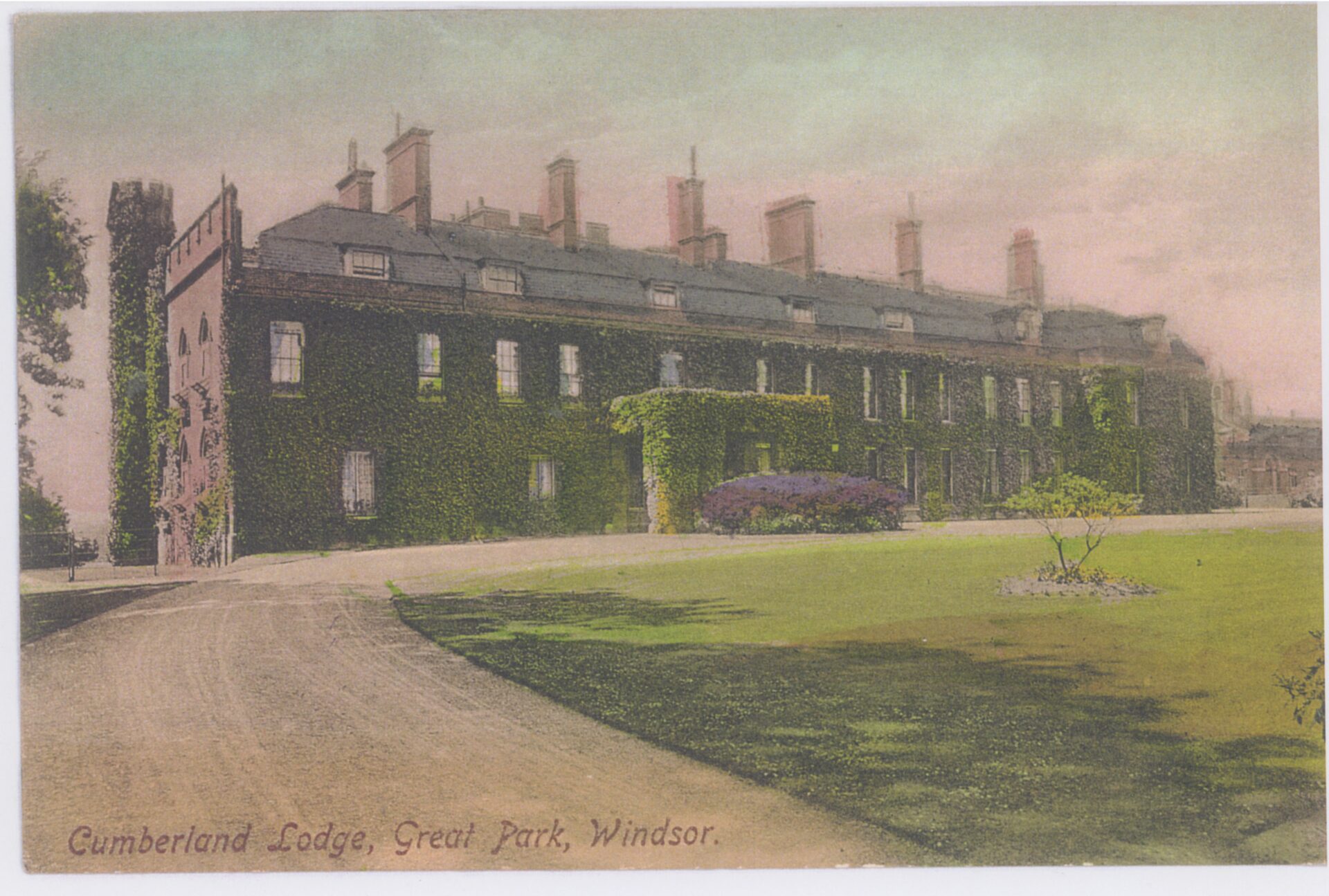The history of Cumberland Lodge as an educational charity begins in 1947, but the history of Cumberland Lodge the building dates back much further.
Cumberland Lodge: the building
The Lodge was built in the 17th century by John Byfield, a captain in Oliver Cromwell’s army, and was originally known as Byfield House. It was taken over by Charles II following the restoration of the monarchy, and for much of its subsequent history it was the official residence of the Rangers of Windsor Great Park.
The first to reside at the Lodge was Baptist May, Keeper of the Privy Purse. Other rangers to reside at the Lodge include Sarah Churchill, Duchess of Marlborough, and William Augustus, Duke of Cumberland, the third son of King George II and from whom the building takes its name.

In 1872, the Lodge became the home of Queen Victoria’s daughter, Princess Helena, and her husband Prince Christian of Schleswig-Holstein, until she died in 1923. After that, it was granted to Lord FitzAlan of Derwent, the last Viceroy of Ireland.
In 1936, Cumberland Lodge was used for key meetings between the King’s Private Secretary and Prime Minster Stanley Baldwin which eventually led to the abdication of King Edward VIII.
Cumberland Lodge: the charity
Upon Lord FitzAlan’s death in 1947, King George VI broke with tradition and Cumberland Lodge was granted to a new educational foundation. It was established by Amy Buller, who had recently published her groundbreaking book, Darkness over Germany, about the rise of Nazi sentiments amongst students and academics in Germany in the late 1930s.
Queen Elizabeth the Queen Mother was Patron of the organisation, which was originally called the St Catharine’s Foundation. It later became The King George VI and Queen Elizabeth Foundation of St Catharine, and then simply Cumberland Lodge.
Following the passing of the Queen Mother, Her Late Majesty Queen Elizabeth II was our Patron between 2003-2022.
A main purpose of our educational charity has always been to provide a place to serve the needs of students. Our primary objective today is to empower young people to lead the conversation around social division.
Darkness over Germany
Published in 1943, Darkness over Germany is a remarkable book by a pioneering young woman, E. Amy Buller. It provides a fascinating insight into the radicalisation of young Germans in the late 1930s, and a timely reminder of how a message of hate once fuelled a nation to unite.

